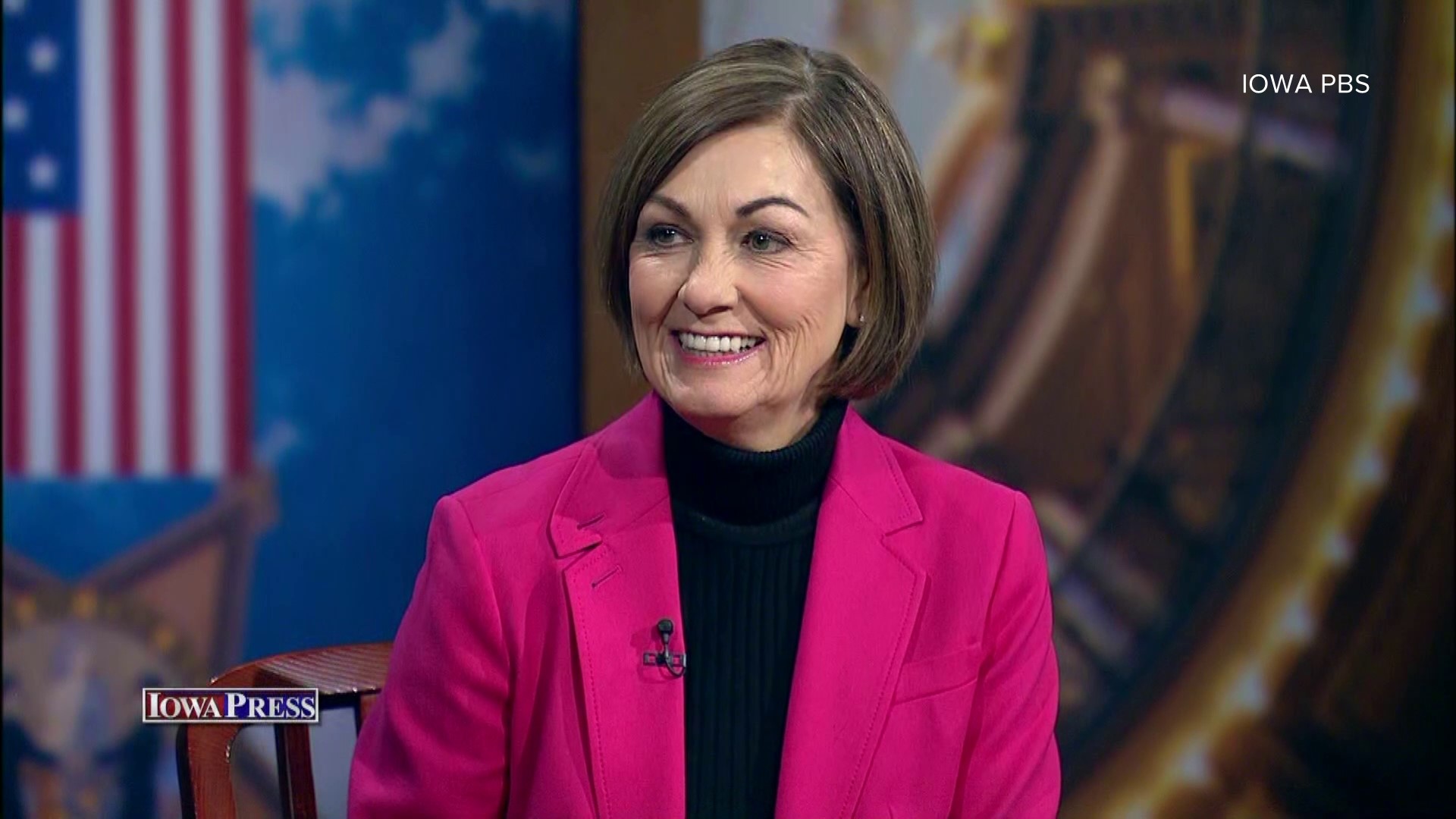DES MOINES, Iowa — Gov. Kim Reynolds is making changes to her original proposal to reform Area Education Agencies (AEAs) in Iowa.
Reynolds' original proposal sparked a lot of conversations, which led to Reynolds speaking with lawmakers, teachers, parents and superintendents on the best steps going forward.
Originally, Reynolds proposed that AEAs would focus solely on special education needs, and funding would move to the hands of school districts with oversight from the Iowa Department of Education.
"AEAs have grown well beyond their core mission of helping students with disabilities, creating top heavy organizations with high administrative expenses," Reynolds said during her Condition of the State.
However, after meeting with key stakeholders, Reynolds changed her proposal to allow AEAs to continue providing general education services to school districts that request them, so long as the request is approved by the Iowa Department of Education.
AEAs have three branches that can provide services for those who need them beginning when a baby is born, up to 21 years-old: Special education, education services and media services. Education services typically works to support teachers, while the media services branch provides resources like books and technology support.
"We have the ability to touch and impact every classroom, every district, every student in this state," said Cindy Yelick said, chief administrator at Heartland AEA. "AEAs are positioned to meet the needs of students in every district, every school. We are here to help teachers teach in the best way possible, so for us, it would be a fundamental shift in our mission."
Yelick said the biggest concern for AEAs is the impact the legislation could have on rural schools.
"There aren't service providers in some of our smaller towns that are there to do speech language therapy or occupational therapy," Yelick said.
Reynolds heard some of these concerns and went out to speak with parents, legislators, superintendents and teachers, which ultimately led to changes to the original proposal.
"Schools and parents know their students best, and this bill ensures they are in the driver's seat in deciding how best to support their students," Reynolds said.
The bill was proposed on Jan. 10, just one day after Reynolds' condition of the state.
Now, the bill is in the education subcommittee for review and amendments.

